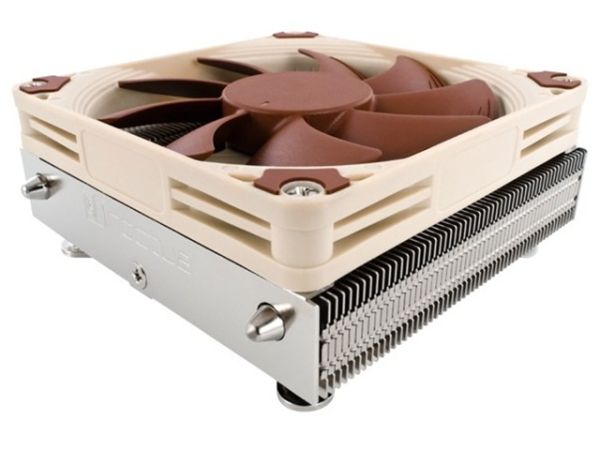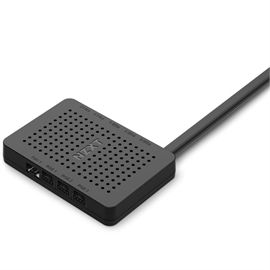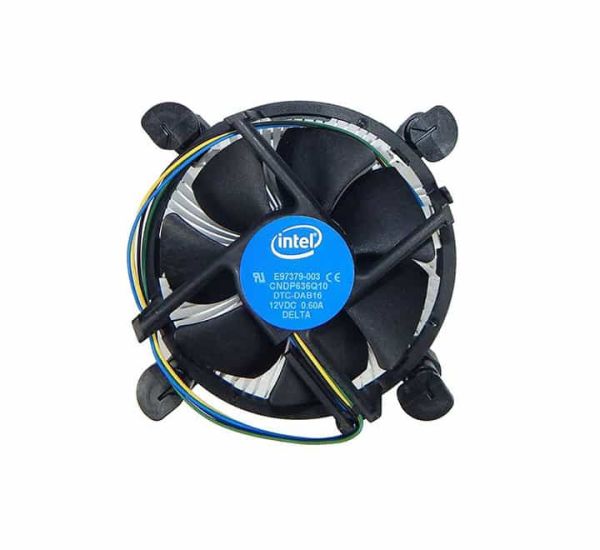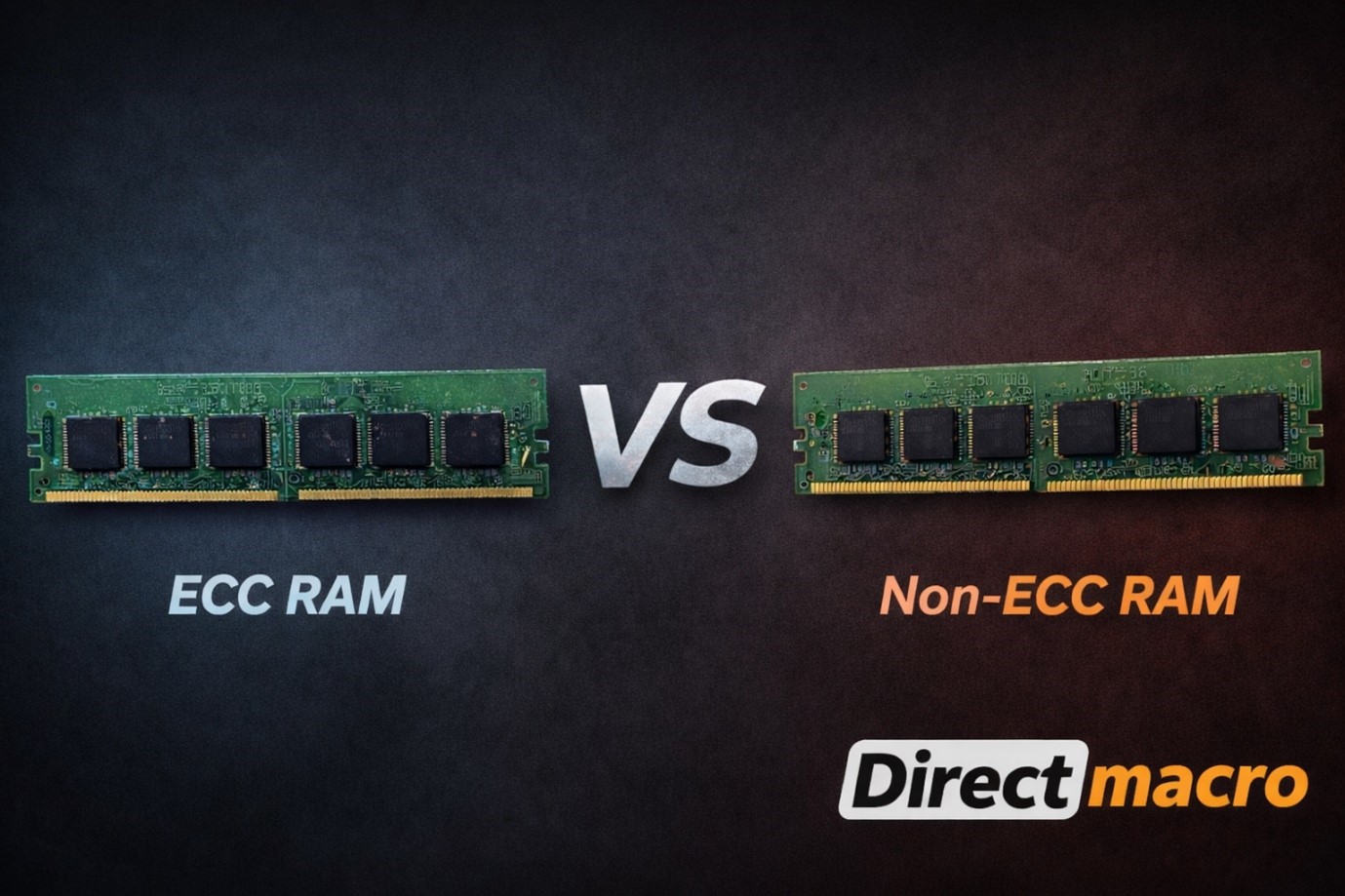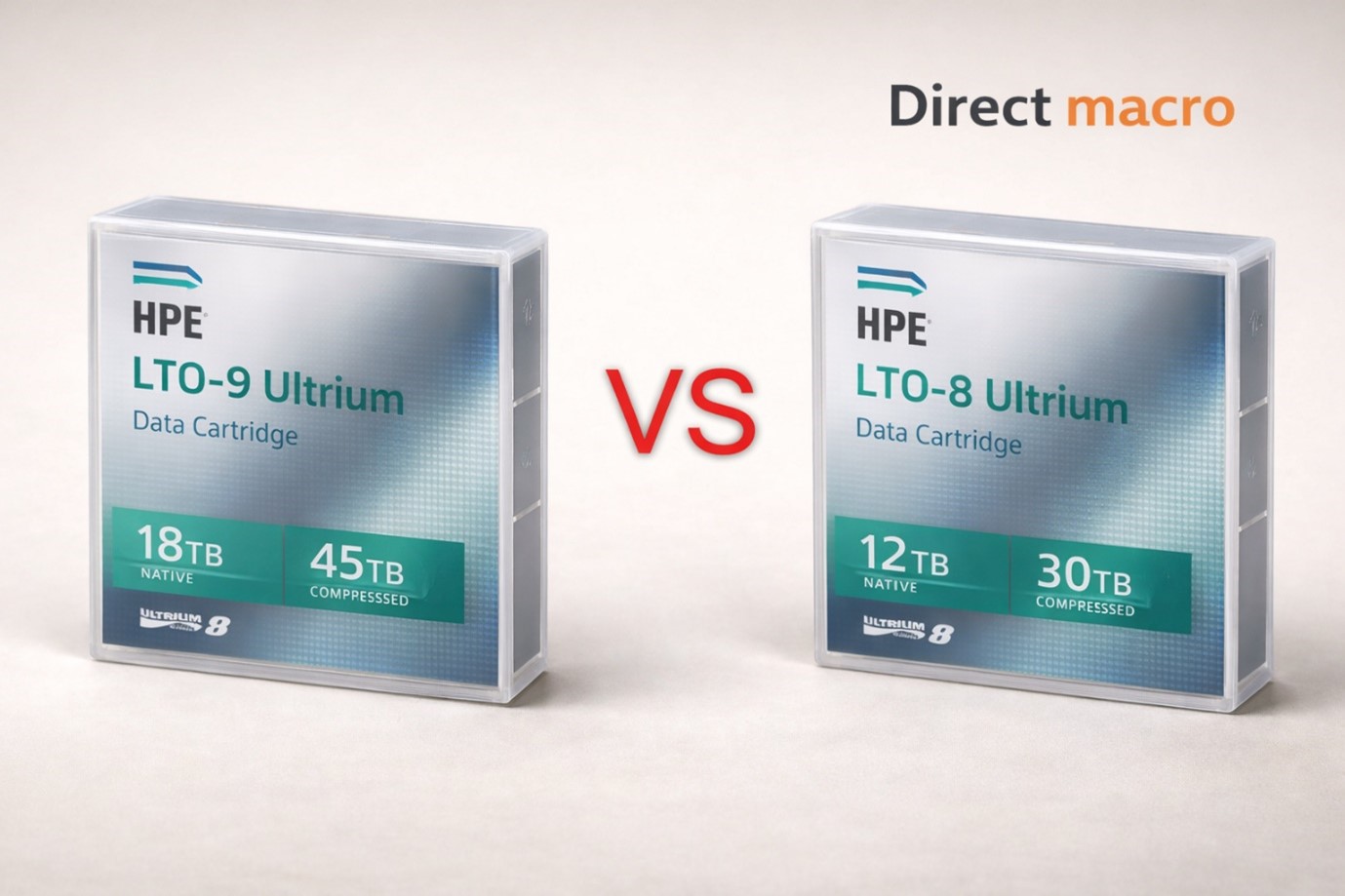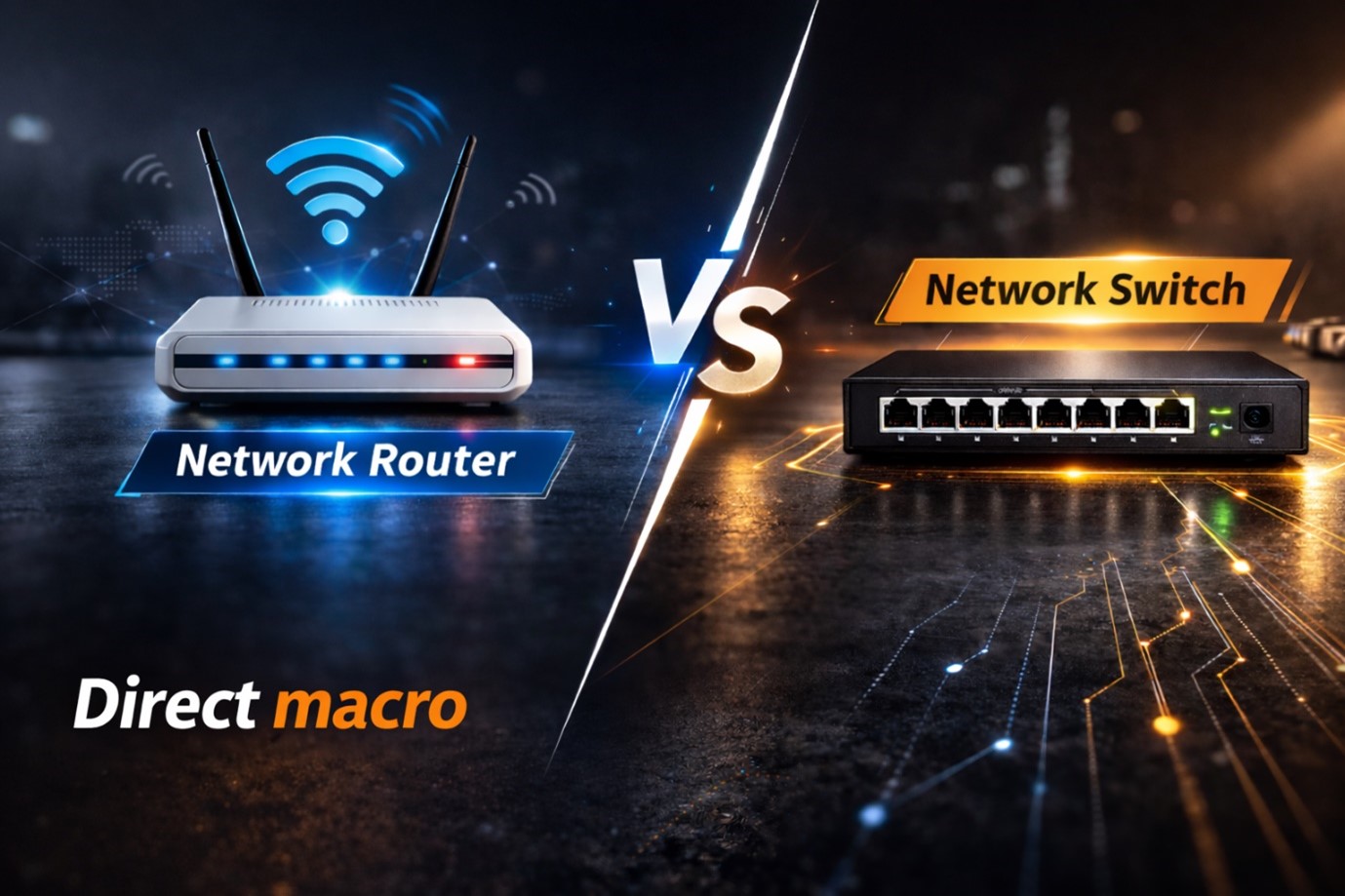Best CPU Cooler to Buy in 2026 (Ultimate Buying Guide)
A CPU is a central processing unit in a PC that performs the most critical functions. It is responsible for processing all the data and executing instructions. At times of heavy workload, such as gaming, 3D rendering, etc., a CPU begins to heat up. Heating up is a byproduct of CPU processing. A CPU tends to heat up the more workload it processes unless it has a proper CPU cooling system. A CPU cooler helps manage the heat by dissipating heat into the surrounding environment and keeping the system cool.
The system performance can be deteriorated because of the overheating. System lagging, quick shutdown may occur. Overheating itself may cause inconvenience to users who need to work extended hours.
How a CPU Cooler Works
- A standard CPU cooker works in three basic steps to keep the system cool.
- The CPU cooler absorbs heat resulting from operations of different components such as RAM, power supply unit, GPU, and more.
- The captured heat is then dissipated into the surrounding air by the open wings in the CPU air cooler.
- In the third step, CPU cooler users use fans or liquid cooling mechanisms to remove residual accumulated heat within the system and ensure a cooling environment inside the PC case.
Why Investing in a Reliable CPU Cooler Matters?
Wondering why do you need a CPU cooler? Is investing in a CPU cooler even worth it? The answer is yes. Investing in a reliable CPU cooler matters a lot in ensuring your PC’s optimal performance. Here are some of the reasons why.
Keep your CPU at safe temperatures:
Tired of laptop heat ups when you need to work an extended hour? A cooling system keeps your CPU at a safe temperature level, improving the user experience by keeping the system cool and ensuring stable performance during demanding tasks.
Enhances System Longevity
Another reason why investing in a reliable cooler matter is because it abundantly enhances system longevity. Since prolonged exposure to an overheated system makes the CPU wear off before its specified lifespan. By managing heat, CPU coolers improve the lifespan of all hardware components.
Supports heavy workloads
Get a reliable CPU cooler to keep the system cool if you’re handling heavy workloads with high-performing tasks like data analysis, 3D rendering, and video editing.
Enables Overclocking Potential
Overclocking is the process of increasing your CPU base clock speed more than its default speed. Overclocking always results in generating extra heat in the system. Therefore, to keep an overclocked system in cool and efficient condition, get a CPU cooler.
Types of CPU Coolers?
There are multiple types of CPU coolers available that use different methods to keep the heat away. 4 major types of coolers are as follows:
Liquid Cooler
Liquid Coolers use water as a medium for keeping the heat away. It is more efficient in generating cooling compared to a traditional CPU air-cooler. It has a preassembled system that includes a pump, radiator, tubing, and fans. It is the best choice for superior cooling performance, such as the liquid cooling AMD Genora CPU.
Air Cooler
Another most common type of CPU cooler is a CPU air cooler. In this cooler, a metal base sits on top of the CPU, with thermal paste that helps transfer heat. It has a large metal heatsink that spreads the heat over the large area. To further cool it down, an additional fan is there to push to the heat outside the CPU case.
Hybrid CPU Coolers
These coolers combine the functions of both liquid and air coolers. A hybrid CPU consists of both a liquid cooling system and a traditional air-cooling component.
Budget Friendly Options
Do you need a CPU cooler? Here are some of the best budget CPU coolers that offer optimal performance without draining your wallet. Direct Macro has best-in-class CPU coolers at a discounted price. Check our website now and get a new user discount on all hardware products.
Key considerations before buying a CPU cooler
- Before you buy a CPU cooler, check the following aspect before making the final purchase:
- Is the CPU cooler compatible with the socket in your CPU?
- What is thermal design power?
- Read specifications Cooling performance—does it help with your business?
- What is the noise level and durability of the fan?
- Check the size of the CPU cooler. Does it fit well inside your CPU case?
- Which cooling type do you prefer? Air cooling, liquid cooling, or hybrid?
- Is that easy to install in your CPU or will it cause inconvenience every time you need to make changes?
- What is your value of money with a certain product?
Conclusion
CPU coolers are one of the essential hardware devices in modern high-performance PC setups. If you are looking for improved fan performance, reduced noise level, and high cooling performance in your CPU fan, this blog shares some of the best air and liquid CPU coolers at an affordable budget.
FAQ’s
How to install liquid cpu cooler?
Installing a liquid CPU cooler in your PC requires the following steps:
- Turn off the PC.
- Attach the fans to the radiators and mount them on top of the PC case.
- Use thermal paste to fix the backplate on your motherboard.
- Securely attach the pump to the CPU socket and connect it to the CPU fan.
- Now, turn on the PC and check it; the fans are working well, and the CPU cooler is working fine.
How to remove cpu cooler?
- Turn off the PC.
- Open the case and disconnect the pump from the motherboard.
- If there are screws, then gently twist and open the cooler.
- Remove the thermal paste seal and remove the CPU air/liquid cooler.
Do you need advice on buying or selling hardware? Fill out the form and we will return.

Sales & Support
(855) 483-7810
We respond within 48 hours on all weekdays
Opening hours
Monday to thursday: 08.30-16.30
Friday: 08.30-15.30




